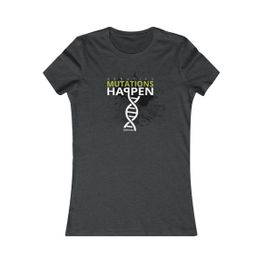New Drug May Reduce Inflammation from COVID-19
Scientists from the University of Toronto have identified a new drug candidate that may reduce all kinds of inflammation. In particular, they said that it might be able to target cytokine storms- a potentially deadly sort of inflammatory response that can come by COVID-19 infection.
Known as TAT CARMIL1, the drug is a combination of two naturally-occurring peptides or small proteins. When combined, they are reportedly able to infiltrate cell membranes and lessen acute inflammatory responses. In particular, the scientists say that the TAT CARMIL1 peptide targets two receptors, attaching itself to the cell’s surface and substrate, where it can then attach itself to other cells too.
In an ex vivo study, the researchers found that the peptide treatment was able to interfere with inflammation-causing cells known as interleukin1, and reduce the degradation of collagen, an abundant protein known as the body’s ‘scaffolding’, by up to 43%.
If used early enough, they say that the drug may prevent some of the worst damage caused by acute inflammatory responses. Given that one of the primary causes of death from COVID-19 is by cytokine storm- a natural inflammatory response from the body to rid itself of acute infection- the researchers are hopeful it may one day be applied against the virus.
The scientists are now hoping to test the drug’s effectiveness in in-vitro models. As the peptides are broadly applicable, they can be combined to many drugs. These potentially include treatments for cancer and arthritis, meaning the drug discovery could be useful one day to fight against many different kinds of inflammation.
Nevertheless, the researchers caution that before we get excited about the drug’s potential prospects, we should wait for further tests. This comes especially as their study so far shows that that the peptide is most effective when applied early on in infection, making it somewhat impractical.
“In the clinical world, the reality is that you don’t have that luxury,” says Greg Downey, one of the study’s co-authors.
Sources: Genetic Engineering and Biotechnology News, Business Standard
-
MAY 07, 2024Is It Anti-RNP or Anti-Sm/RNP?
- See More
-
APR 30, 2024Immuno-Oncology Virtual Event Series 2024
-
MAY 07, 20243rd International Biosecurity Virtual Symposium
-
JUN 06, 2024The Future of Scientific Conferencing
- See More


















































